Category: Science
-

10 Ways to Stop Wasting Water
We all know that water is a precious resource on the planet and we also know that the fresh water is getting wasted a lot, but, are we taking any measures to stop the unwanted wasting of water. But, this is also the resource that is being misused the most by human being. People don’t…
-
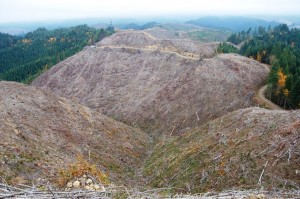
The Phenomenon of Clear Cutting and what are its Negative Impacts ?
Clearcutting, or clearfelling, is a ranger service/logging practice in which most or all trees in a zone are consistently chopped down. Clearcutting, alongside shelterwood and seed tree harvests, is utilized by foresters to make certain sorts of backwoods biological communities and to advance select species that require a plenitude of daylight or develop in vast,…
-
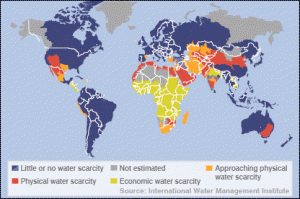
Water Scarcity and its Causes
About the issue Water scarcity/crisis is the absence of sufficient accessible water assets to meet the requests of water utilization inside an area. It, as of now influences each landmass and around 2.8 billion individuals as far and wide as possible no less than one month out of each year. More than 1.2 billion individuals need…
-
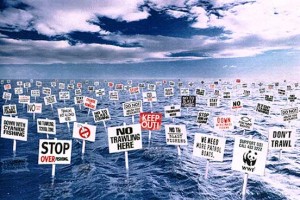
Causes of Overfishing and Ways to Mitigate it
Overfishing Overfishing is a type of overexploitation in which fish stocks are drained to inadmissible levels, paying little mind to water body size. Asset consumption, low natural development rates, and basically low biomass levels (e.g. by discriminating depensation development properties) result from overfishing. Case in point, overfishing of sharks has prompted the agitated of whole…
-
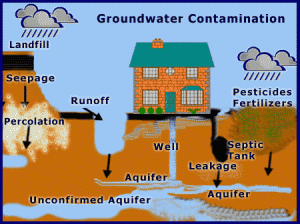
Groundwater Pollution and its Possible Treatments
Groundwater Pollution Connections in the middle of groundwater and surface water are mind boggling. Hence, groundwater contamination, sometimes also referred to as groundwater defilement, is not as effective as the surface water contamination. By its exceptional nature, groundwater aquifers are helpless to defilement from sources that may not specifically influence surface water bodies, and the refinement of point…
-
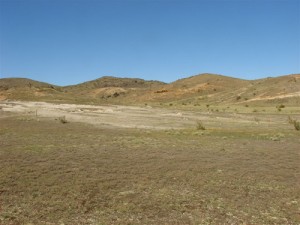
Alkaline Soil- The Degraded Soil and Ways to Get Rid of It
What is soil alkalinity ? Salt, or basic, alkaline soils are a specific type of soil with high ph (> 8.5), a poor soil structure and a low penetration limit. Regularly they have a hard calcareous layer at 0.5 to 1 meter profundity. Soluble base soils owe their unfavorable physico-synthetic properties mostly to the ruling…
-

Adverse Effects of Acid Rain on Nature
The phenomenon in brief Corrosive downpour is a type of precipitation that is abnormally acidic, implying that it has raised levels of hydrogen particles (low ph). It can have harmful consequences for plants, amphibian creatures and base. Corrosive downpour is brought on by discharges of sulfur dioxide and nitrogen oxide, which respond with the water particles…
-
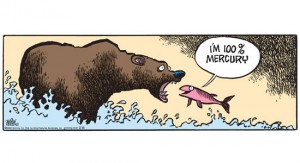
Mercury Contamination in Edible Fish
Background In the 1950s, occupants of the ocean side town of Minamata, on Kyushu island in Japan, recognized unusual conduct in creatures. Felines would show anxious tremors, and move and shout. In a couple of years this was seen in different creatures; fowls would drop out of the sky. Indications were likewise seen in fish, a…
-
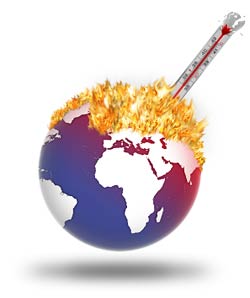
Climatic Changes: An Issue of Global Concern
Climate Change – a term which is undoubtedly is emphasizing its existence more and more strongly with each passing day across the globe. With the average temperature on gradual rise there hardly seem to be any cure at the hands of any government. No matter how much any particular country has contributed to this global issue but…
-
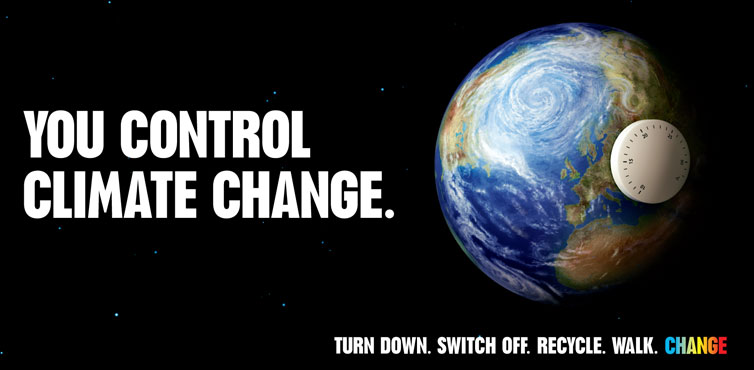
Climate Change and Social Evils: The Inevitable Relation
Climate Change, being one of the major concerns in the modern world of environmental crisis is severely affecting the agriculture in India. Farmers, who make a substantial proportion of the masses, are the victims of such unpredictable climatic changes and its impacts. With more number of small and marginal farmers India stands as not sufficiently…